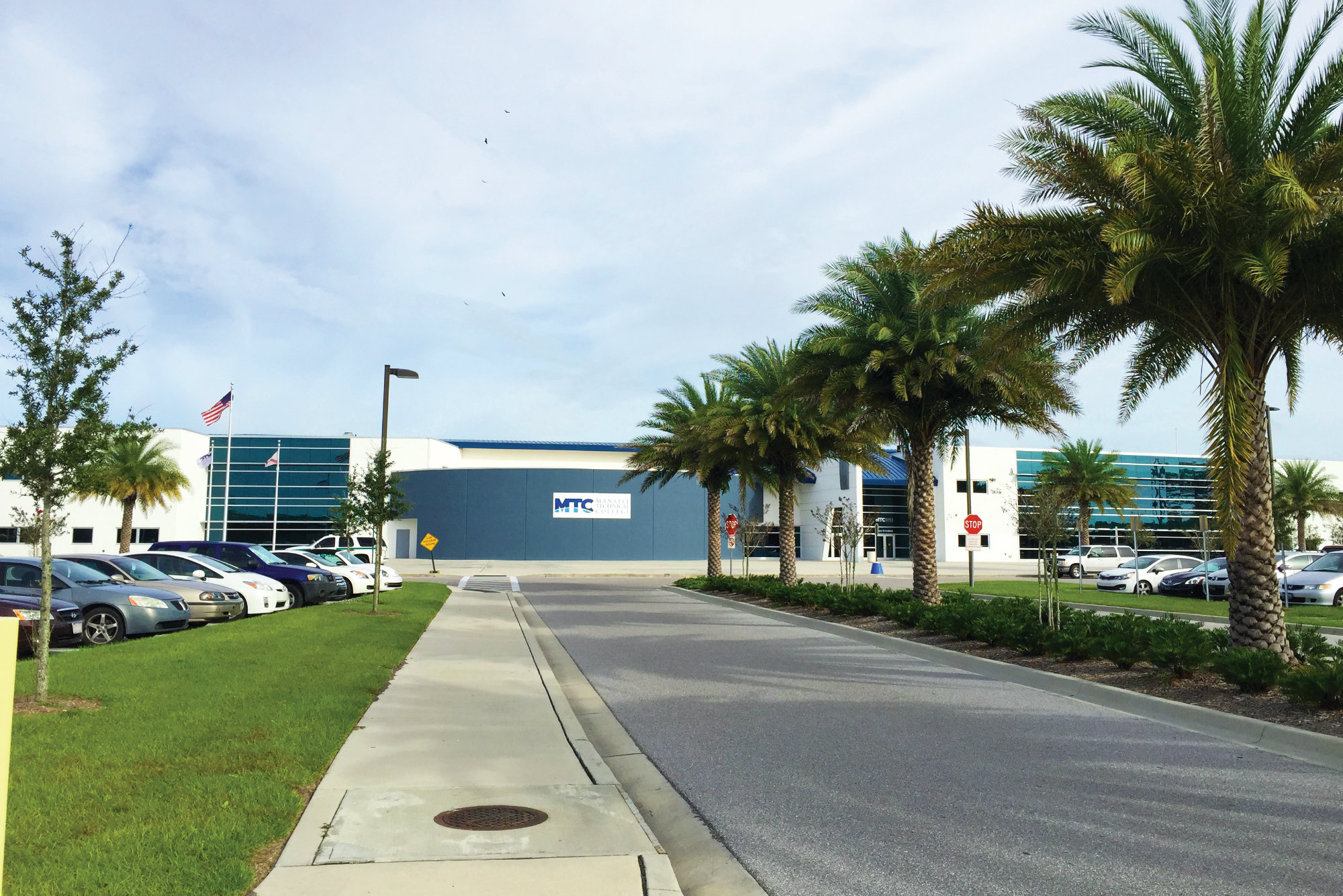Florida is inching closer to implementing a state-certified pool and spa construction school.
The Florida Swimming Pool Association is in the process of developing curriculum for a 600-hour course that would prepare students for careers in the pool and spa industry. Once approved by the state, the program would be available at Manatee Technical College (MTC) in Bradenton.
The project got underway last year, when Mary LaGasse-Anderson, FSPA’s education program manager, met with the president of MTC at a SkillsUSA state competition. The annual event, sponsored by FSPA, invites students to compete in challenges specific to certain trades such as welding and architectural drawing. The two discussed the pool industry’s need for training in higher education.
Initially, the plan was to tailor the school’s existing curriculum, but FSPA and college administrators decided to create a program from scratch to be more specific to the pool and spa trade.
“Now it’s moving along quickly,” LaGasse-Anderson said. “We have a dedicated instructor for the college working with industry professionals to develop the content.”
The coursework would begin with 300 hours of core curricula, which would include overviews of construction math, blueprints, tools and material handling, as well as classes on building codes and health regulations. Once completed, students could choose to spend the remaining 300 hours focusing on a construction track, maintenance and repair track, or both, LaGasse-Anderson said.
The curriculum has to go through an accreditation process before it’s included in the college catalog. Once developed, the MTC would review it. Then FSPA would review any suggested changes, after which it would need approval from the state department of education. The end result would be a state-accredited program. Students would be eligible for financial aid.
The course would not be a substitute for any industry certification or state license, LaGasse-Anderson said. Students would need to pursue those independently.
The association hopes such a program would help address the industry’s workforce shortage. In the minds of many young adults, the pursuit of any career begins at a college or university. If schools do not offer courses in pool construction, then it must not be a legitimate career choice, or so the thinking goes. A course at a vocational school could help change that mindset. “They think this is a way to add credence to the careers that are available,” LaGasse-Anderson said.
FSPA aims begin enrollment by the end of 2018.
This isn’t the association’s first effort to create a college program. Last year, its treasurer, Jim Bingold, explored a similar opportunity at Palm Beach State College. That project is gaining momentum, thanks in part to a unique partnership between local employers and educators.
Business Development Board of Palm Beach County recently launched the Academic Leaders Council, an initiative that brings together presidents from six local universities, the county school superintendent and officials representing a variety of industries to ensure that curriculum aligns with the needs of local employers. FSPA is encouraged by this larger effort in the state to attract more workers.
“It seems we’re all moving in a positive direction,” Bingold said.




